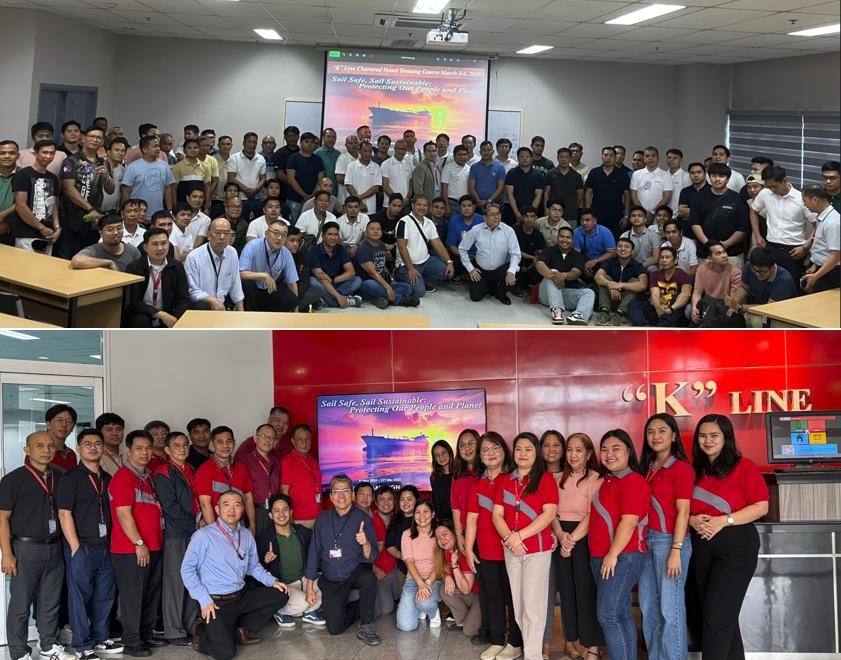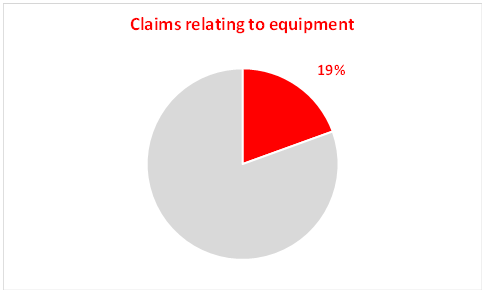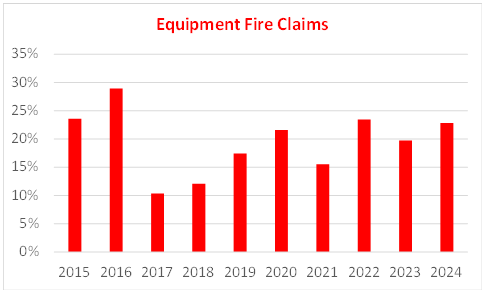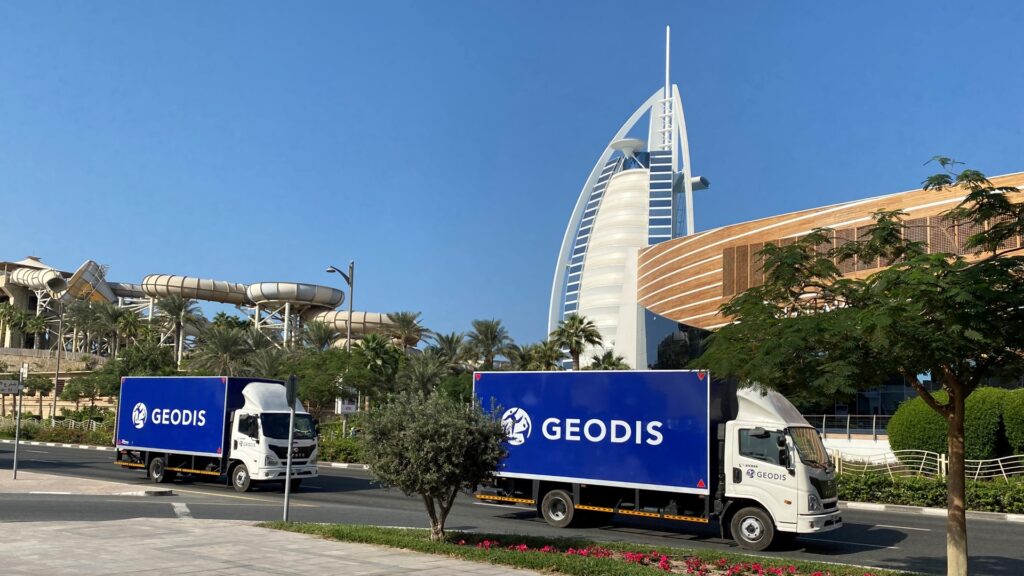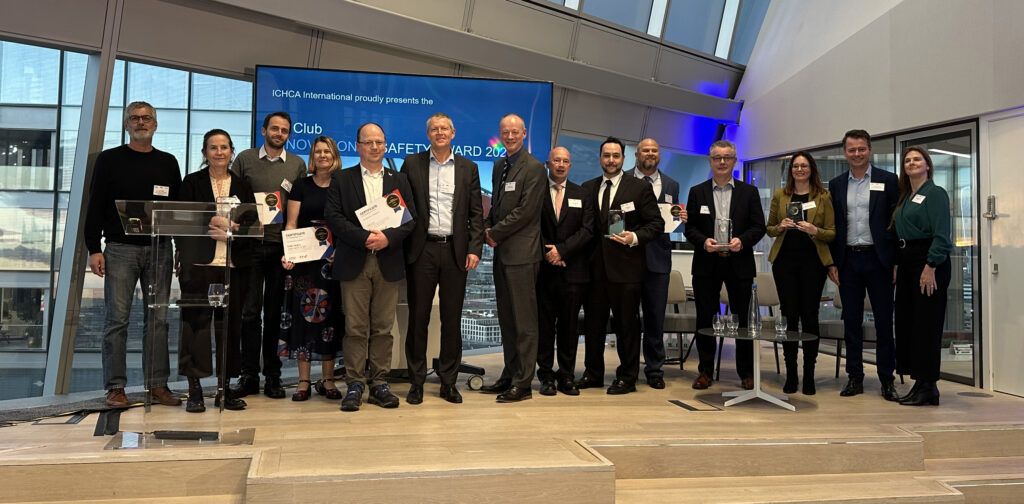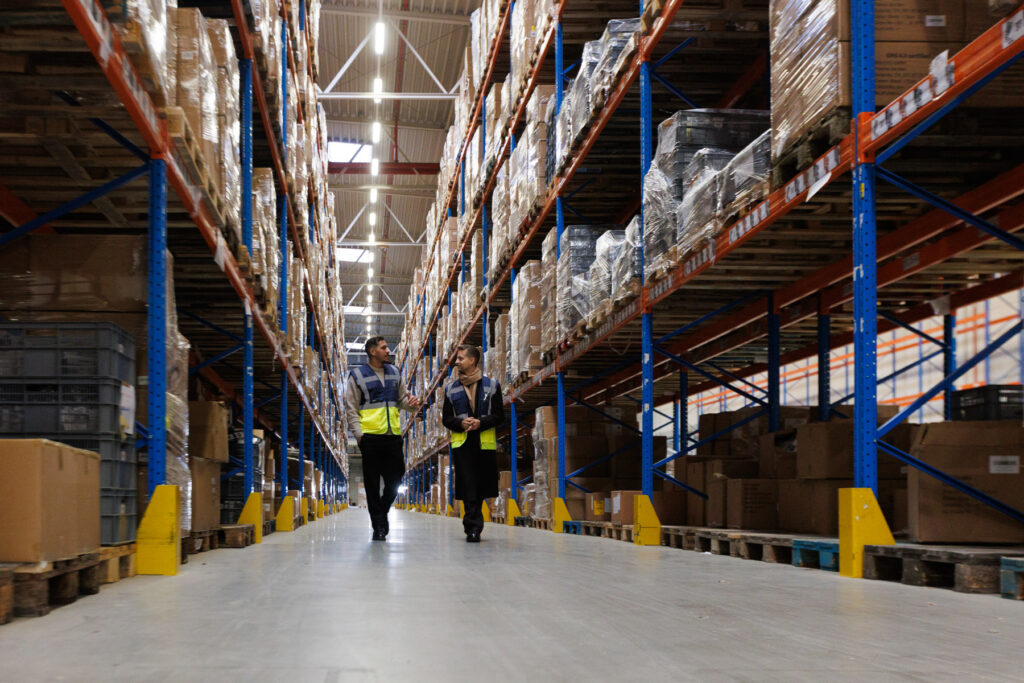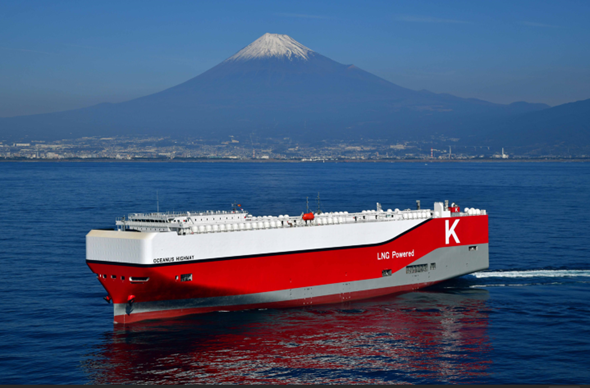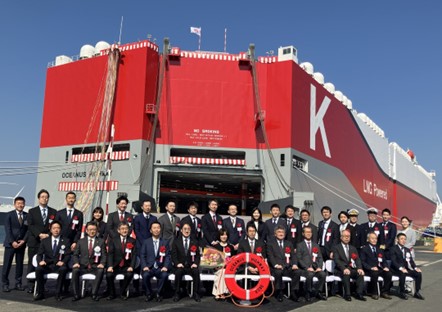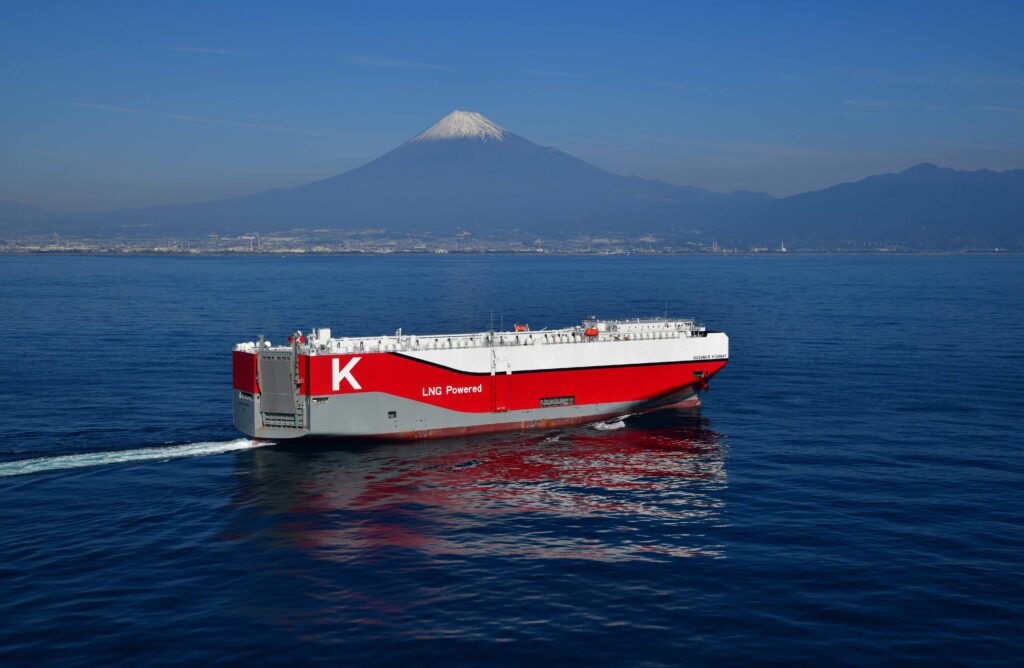“K” LINE LNG SHIPPING (UK) LIMITED, a London-based corporation wholly owned by Kawasaki Kisen Kaisha, Ltd. (“K” LINE), will be renamed “K” LINE ENERGY SHIPPING (UK) LIMITED (KLES) on April 1, 2025. At the same time, the Carbon Neutral Development Group of “K” LINE (EUROPE) LIMITED, that develops a liquefied CO2 transportation business, will be integrated into KLES with the goal of reinforcing the business development activities and organizational structure of “K” LINE’s energy transportation business in Europe.
Europe is an advanced market leading low-carbon and decarbonization efforts. New solutions supporting the decarbonization of society, such as liquefied CO2 transportation solutions, are in demand.
KLES has refined its integrated marketing between shore and marine/technical teams, customer-centric support of sales and ship management, an area where the company has accumulated capabilities through its LNG transportation operations. It also proposes and provides high-quality transportation services and meticulously meets society’s needs regarding low-carbon and decarbonization solutions, including CCS.
Outline of renaming
| Current company name | “K” LINE LNG SHIPPING (UK) LIMITED |
| New company name | “K” LINE ENERGY SHIPPING (UK) LIMITED |
| Head office | 6th Floor 5 Aldermanbury Square, London, England, EC2V 7BP |
| Representative | Kiyoshi Sekiya |
| Description of business | Management of LNG carriers and liquefied CO2 carriers Development of businesses related to the transportation of energy resources, mainly LNG, and low-carbon and decarbonization solutions in Europe |
| Date of renaming | April 1, 2025 (planned) |
| Share capital | 40 million U.S. dollars |
The “K” LINE Group works together to promote its growth strategy and enhance its corporate value so that it can help realize a sustainable society.







